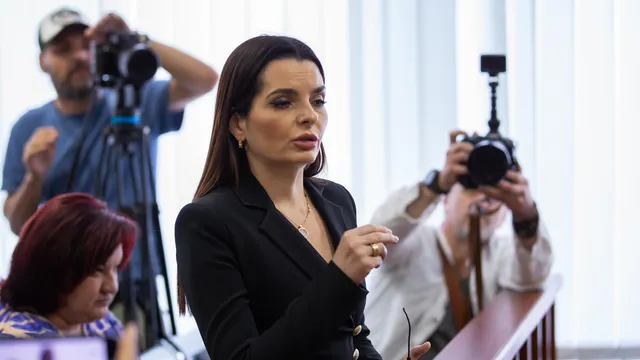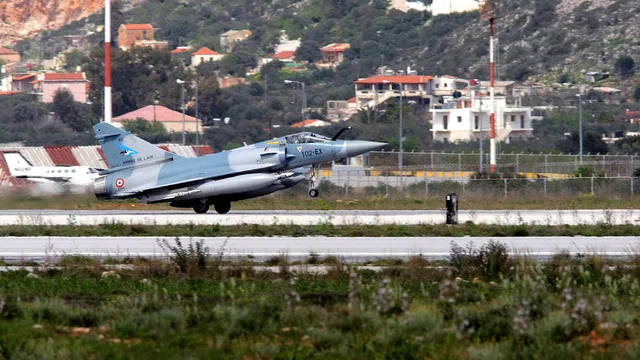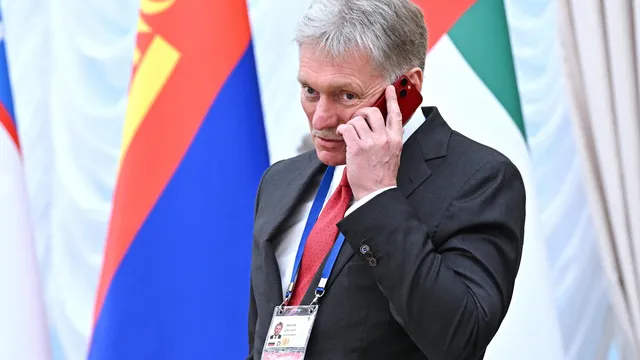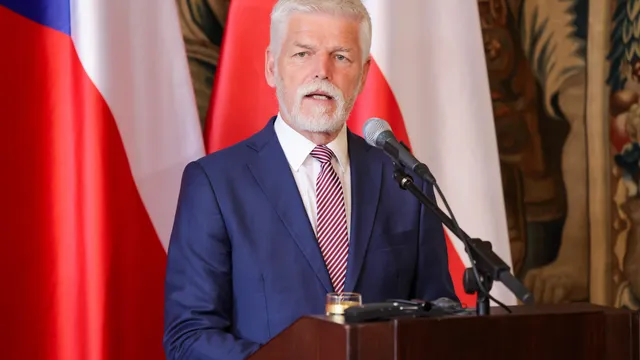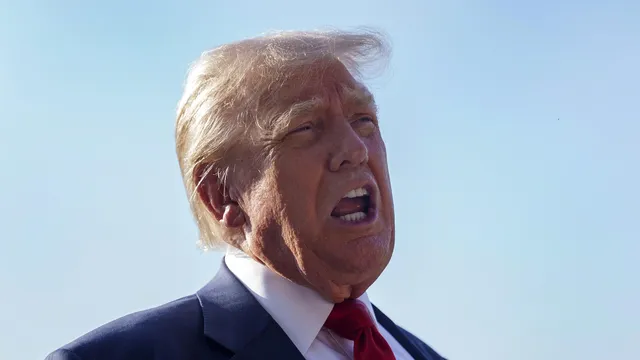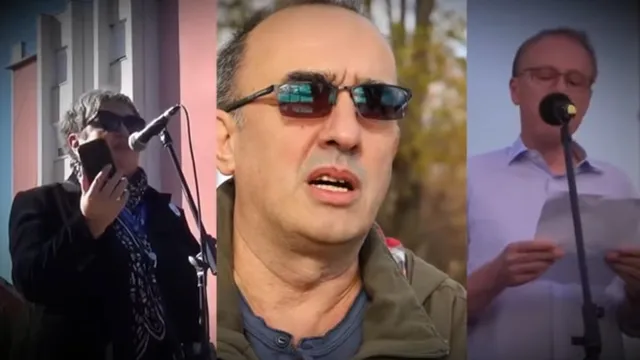Eugenia Gutul, governor of Moldova's autonomous Gagauzia region, was sentenced to seven years in prison on 5 August for illegally funding the banned pro-Russian party Shor, Moldovan news outlet NewsMaker reported, cited by the Kyiv Independent.
The court in Chisinau ruled that the politician was guilty of systematic payment of funds from Russia to Moldova for the needs of the party in the period 2019-2022, when she was its secretary.
The Shor party, founded by fugitive pro-Russian oligarch Ilan Shor, was banned by Moldova's Constitutional Court in 2023.
The ruling comes shortly after Moldovan President Maya Sandu accused Russia and Shor's allies of planning to interfere in the country's upcoming parliamentary elections.
Gutul was also convicted of "intentionally receiving money from an organized criminal group" to the tune of about $2.5 million.
Prosecutors allege the funds were used by the Shore Party to pay for anti-government protests, among other purposes.
Svetlana Popan, another former party secretary, was also sentenced to six years in prison for illegally funding the party in that case.
Gutul will serve her sentence in a correctional facility with a less stringent regime than a closed-type prison. She must also pay the state about $2.5 million in restitution. The decision can be appealed.
The politician was detained in March at the Chisinau airport while trying to leave the country and was later placed under house arrest. She denies the charges, calling them politically motivated. Before the verdict, Gutul's supporters staged a protest outside the courthouse.
Gutul, who has been governor of Gagauzia since 2023, has been sanctioned by the US and the EU over her ties to Shor. Chisinau and Western countries also accuse the regional leader of maintaining ties with Russia.
Gagauzia is an autonomous territory in southern Moldova that partly borders Ukraine's Odessa region. It has traditionally supported closer relations with Russia and opposed EU integration.
Moldovan experts claim that Gutul is pursuing a policy aimed at separating Gagauzia from Moldova, in the same scenario as Crimea was torn from Ukraine and occupied by the Russian Federation.
"The only difference is that Gagauzia does not have a direct border with Russia. The Kremlin has been trying for a long time through Shor to push Gagauzia into destabilising and bloody actions, which clearly does not work," says Mihail Sirkeli, a Moldovan journalist and human rights advocate.
In this context, Eugenia Gutul is trying to provide the Kremlin with a pretext, or at least fuel for its propaganda that Russian speakers are "oppressed" in Moldova.
"One of the factors of the Kremlin's success in the post-Soviet space is based on the fact that no one interferes with its interests," explained Mihail Sirkeli.
After her arrest in late March, Gutul said she wanted the presidents of Russia and Turkey - Vladimir Putin and Recep Erdogan - to pressure the Moldovan authorities to release her.
Russian Foreign Ministry spokeswoman Maria Zakharova called the verdict against Gutul "a disgrace, a disaster and a catastrophe that has befallen Moldova and its people."
In recent years, Moldova's pro-European leadership has increasingly warned of Russia's attempts to destabilise the country's political situation and its path towards European integration. | BGNES

 Breaking news
Breaking news
 Europe
Europe
 Bulgaria
Bulgaria
